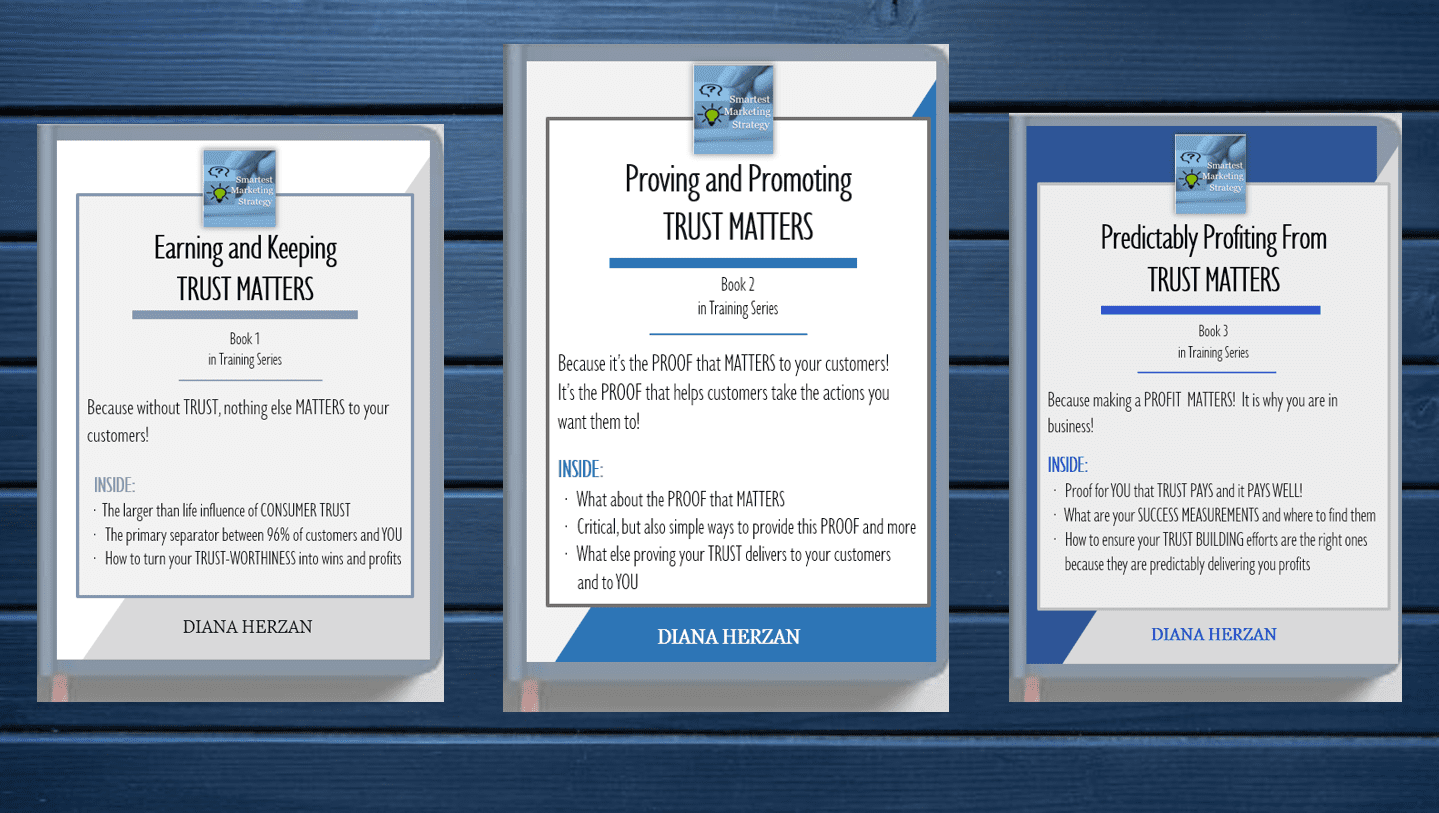Do you react or do you respond? This is a great question to ask yourself every time you are face to face with a “situation.” It’s easy to react. In fact, most people innately do. There is a stark difference between the two, though. This differential is part of a cause and "affect" result that plays interesting roles in both your relationships and your reputation.
Let’s first start by examining the origins of both words, react and respond. I have been a word nerd for a long time. I find some remarkable epiphanies sometimes by looking back at how certain words came to be. It tends to shed light that brings deeper meaning to certain words.

React is a verb. Its simple definition is: 1. To do; 2. To perform; 3. To move. Its origins date back to the 1640’s. React was formed using re “back” or “again” + act “do, perform, or move.” Similar or related words are reaction and reacted, both words of the same definition, but in different tenses.
Respond is a verb. Its simple definition is: 1. Make answer; 2. Give reply in words. Its origins date back to the 1650’s. Respond came from the Latin word respondere which means 1. Answer to; 2. Promise in return. Respond was formed using re “back” or “again” + spondere “to pledge” or “to give assurance,” both from Latin. Similar or related words are correspond, correspondence, correspondent.
Looking at both words, react and respond, react indicates action and movement. Respond indicates answers, promises, pledges, giving, assurance.
Neither are good or bad or right or wrong. I am sharing this with the intent of providing perspective. To be fair, when face to face with a “situation,” it might well require taking action and providing answers. Perhaps some combination of the two?
Depending on what situation or problem you are facing, my suggestion is to give thought first to the original question. Should you react or should you respond? What I find interesting about the difference between the two is that “react” seems to infer movement or action without indication of thought or care. Combine it with “respond,” and you bring into the mix answers, thinking, pledging. These traits are stronger trust builders. Those traits speak to people more with an “I’ve got your back” sentiment. These traits also lean largely towards resolution. So, if your “situation” requires resolution, perhaps responding is a better decision.
When deciding if you should react or respond, ask yourself about the value of the relationship you have (or could have!) with whoever it is you are going to react or respond to. Because inevitably, your decision will directly affect that relationship.
A good time to self-reflect? Maybe! Think back on some of your recent situations with others. Have you reacted or have you responded? Hopefully, this view point has helped provide some valuable perspective that can be useful to you the next time you encounter a time when you will need to decide whether you should react or respond!

See also:
- Who is worse at returning calls? Customers or contractors? - Read this and you decide!
- One of the best questions from Shark Tank
- Five awesome, free, helpful tools that can make your life easier!
- Do you wish more people would visit your website?
- What does it mean when a business is Trust Verified?
You're never too experienced to stop learning!
Utilize these resources to learn proven TRUST BUILDING strategies... game-changing initiatives that will set your business up for natural and routine success! Visit Resource Center
Is Your Business Missing Any Of These Tools?
Utilize the tools you may be missing! Each tool helps build trust in your company, the most important building block your customers need to choose YOU! Check out the toolbox →


